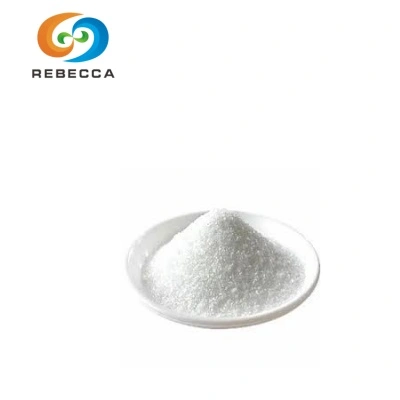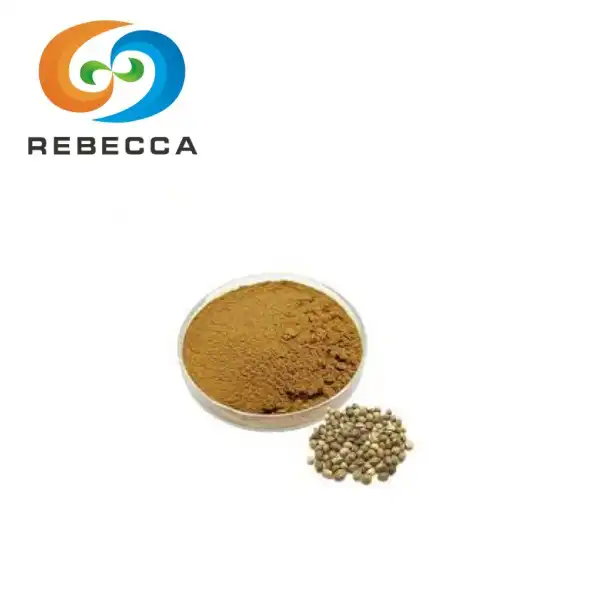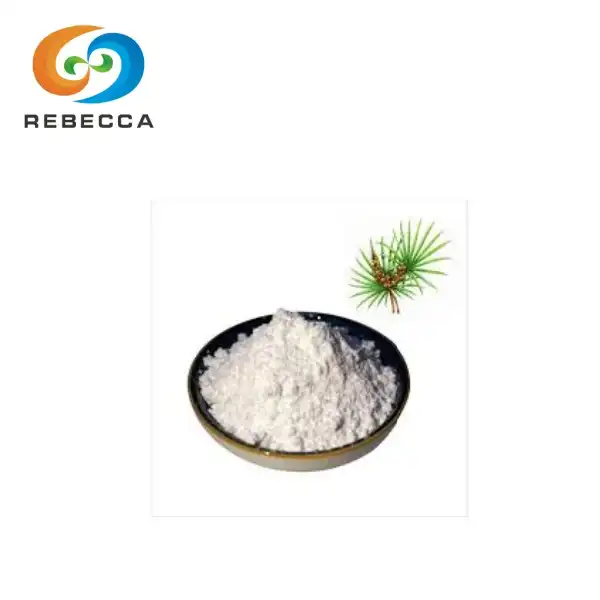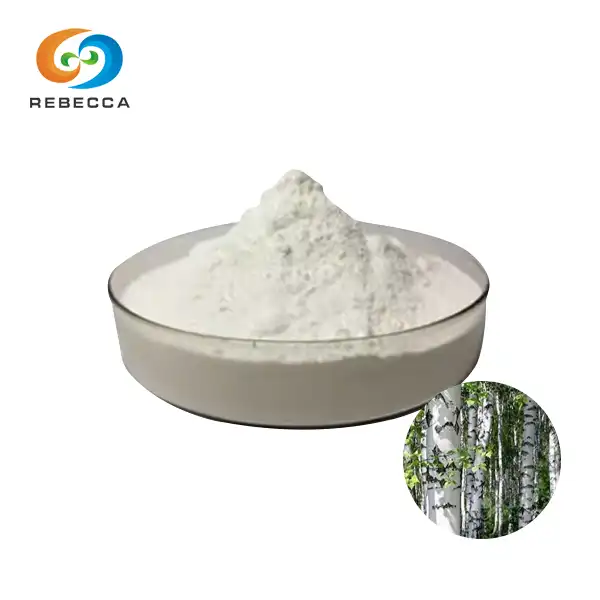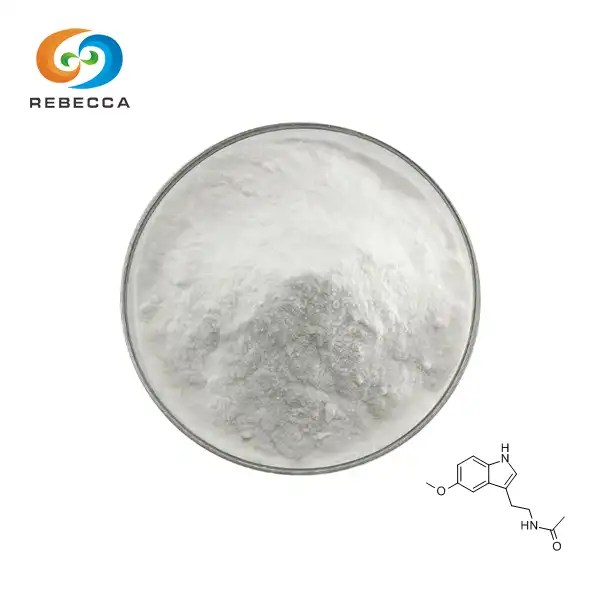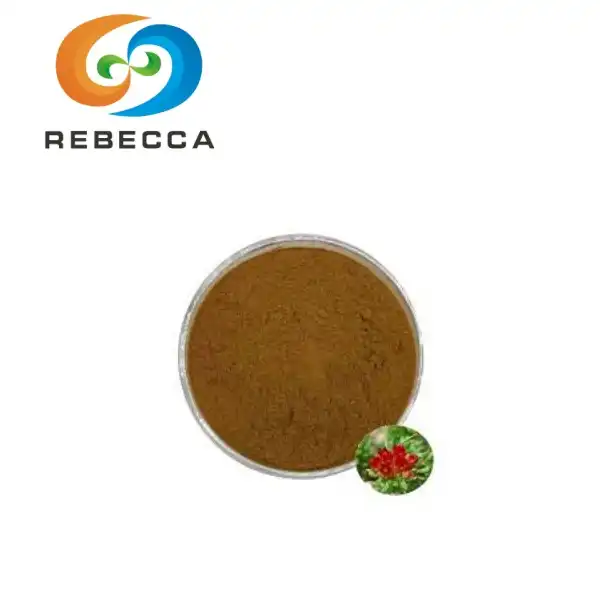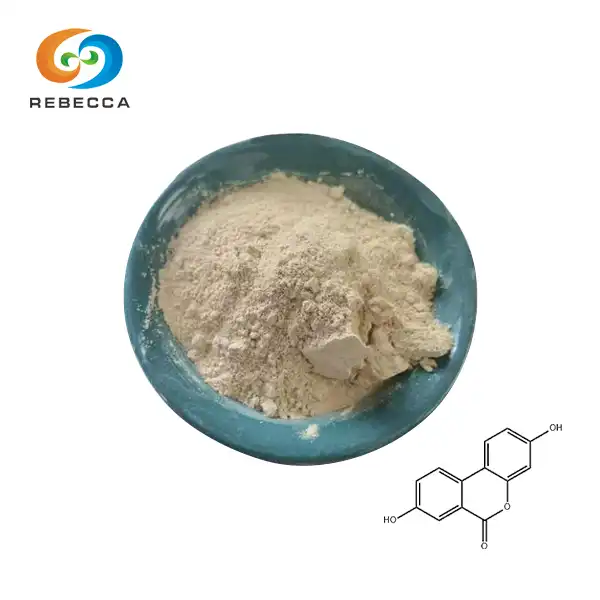Is α-ketoglutaric acid same as α-lipoic acid?
When delving into the world of nutritional supplements and biochemistry, it's easy to encounter confusion between similar-sounding compounds. Two such substances that often spark questions are α-ketoglutaric acid and α-lipoic acid. While their names may sound alike, these compounds have distinct characteristics and functions within the body. Let's unravel the mystery surrounding these two acids and explore the unique benefits of the best Α lipoic acid powder.
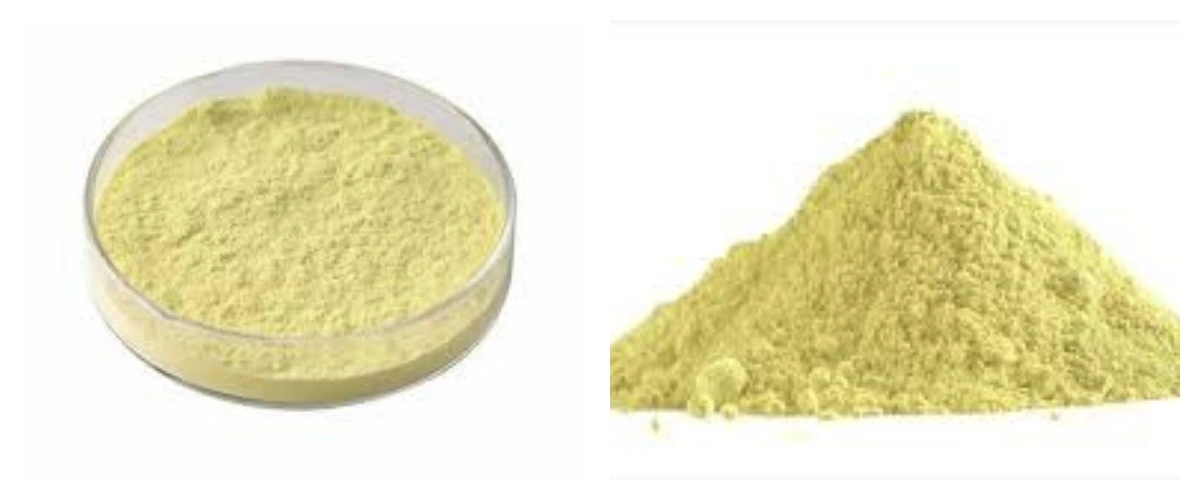
Key Differences Between α-Ketoglutaric and α-Lipoic Acid
α-Ketoglutaric acid and α-lipoic acid are fundamentally different compounds with distinct roles in human physiology. α-Ketoglutaric acid, also known as 2-oxoglutaric acid, is a key intermediate in the Krebs cycle, playing a crucial role in cellular energy production. It's a dicarboxylic acid that serves as a precursor for several amino acids and participates in various metabolic pathways.
On the other hand, α-lipoic acid, sometimes referred to as thioctic acid, is a organosulfur compound that acts as a powerful antioxidant. It's naturally synthesized in small amounts by the human body and found in certain foods. Unlike α-ketoglutaric acid, α-lipoic acid is both water and fat-soluble, allowing it to function in various cellular compartments.
Chemical Structure and Properties
The chemical structures of these compounds are markedly different. α-Ketoglutaric acid has the molecular formula C5H6O5, while α-lipoic acid's formula is C8H14O2S2. This difference in structure contributes to their unique properties and functions within biological systems.
The best Α lipoic acid powder is characterized by its disulfide bond, which gives it its antioxidant properties. It can exist in oxidized and reduced forms, allowing it to regenerate other antioxidants like vitamin C and glutathione. α-Ketoglutaric acid lacks this antioxidant capacity but is essential for energy metabolism.
Metabolic Roles and Functions
While both compounds are involved in metabolism, their specific roles differ significantly. α-Ketoglutaric acid is primarily involved in the Krebs cycle, where it's converted to succinyl-CoA, driving the production of ATP. It also serves as a nitrogen acceptor in certain transamination reactions.
α-Lipoic acid, conversely, acts as a cofactor for several enzyme complexes involved in energy metabolism. Its most notable role is as a cofactor for the pyruvate dehydrogenase complex, which bridges glycolysis and the Krebs cycle. Beyond this, α-lipoic acid's antioxidant properties make it valuable for combating oxidative stress and supporting overall cellular health.

How α-Lipoic Acid Powder Boosts Antioxidant Benefits?
α-Lipoic acid powder has gained popularity as a dietary supplement due to its potent antioxidant properties. As a versatile antioxidant, it offers several unique benefits that set it apart from other common antioxidants.
Universal Antioxidant Properties
One of the most remarkable features of α-lipoic acid is its ability to function in both aqueous and lipid environments. This dual solubility allows it to neutralize free radicals throughout the body, including in the mitochondria, cytosol, and extracellular spaces. This universal action makes α-lipoic acid particularly effective in combating oxidative stress at multiple cellular levels.
Moreover, the best Α lipoic acid powder can cross the blood-brain barrier, potentially offering neuroprotective benefits. This characteristic has led to research into its potential applications for various neurological conditions.
Regeneration of Other Antioxidants
α-Lipoic acid's antioxidant prowess extends beyond its direct free radical scavenging abilities. It has the unique capacity to regenerate other important antioxidants, including vitamins C and E, coenzyme Q10, and glutathione. This regenerative ability creates a synergistic effect, enhancing the overall antioxidant capacity of the body.
By recycling these other antioxidants, α-lipoic acid helps maintain a robust antioxidant defense system, potentially offering more comprehensive protection against oxidative damage than single antioxidant supplements.
Metabolic Support and Glucose Regulation
Beyond its antioxidant functions, α-lipoic acid plays a role in glucose metabolism. Research suggests that it may enhance insulin sensitivity and glucose uptake in cells. This property has led to investigations into its potential benefits for individuals with diabetes or metabolic syndrome.
α-Lipoic acid's involvement in energy metabolism, particularly its role as a cofactor for enzymes in the mitochondria, further underscores its importance in cellular function and overall metabolic health.

Choosing the Best α-Lipoic Acid Powder for Health
When selecting an α-lipoic acid powder supplement, several factors should be considered to ensure you're getting a high-quality product that delivers optimal benefits.
Purity and Concentration
The purity of α-lipoic acid powder is paramount. Look for products that offer a high concentration, ideally 99% pure α-lipoic acid. High-quality supplements undergo rigorous testing to ensure they meet these purity standards. For instance, products tested using High-Performance Liquid Chromatography (HPLC) can provide assurance of their purity and potency.
It's also important to consider the form of α-lipoic acid. While both R-lipoic acid and S-lipoic acid exist, the R form is considered more bioavailable and is the form naturally produced in the body. Some premium supplements may offer R-α-lipoic acid specifically.
Particle Size and Solubility
The particle size of α-lipoic acid powder can affect its solubility and absorption. Finer particle sizes generally offer better dissolution and potentially improved bioavailability. Look for products that specify their particle size, such as those that pass through an 80-mesh sieve, ensuring a fine powder consistency.
While α-lipoic acid has low water solubility (approximately 1 g/L at 20°C), it's soluble in various organic solvents. This property allows for versatile formulation options, including capsules, tablets, and even topical preparations.
Quality Control and Manufacturing Standards
Opt for α-lipoic acid powders from reputable manufacturers that adhere to strict quality control measures. Look for products that are manufactured in facilities that follow Good Manufacturing Practices (GMP) and are certified by relevant authorities.
Additionally, consider supplements that undergo third-party testing for contaminants. For instance, products with heavy metal content below 10 ppm demonstrate a commitment to purity and safety.
Dosage and Administration
The appropriate dosage of α-lipoic acid can vary depending on the intended use and individual health status. Typical doses in research studies range from 300 to 600 mg per day. However, it's crucial to consult with a healthcare professional before starting any new supplement regimen.
Conclusion
In conclusion, α-ketoglutaric acid and α-lipoic acid are distinct compounds with unique roles in human physiology. While α-ketoglutaric acid is crucial for energy metabolism, α-lipoic acid stands out for its potent antioxidant properties and potential health benefits. When choosing the best Α lipoic acid powder supplement, prioritize purity, quality, and appropriate dosing to maximize its potential benefits.
As with any supplement, it's advisable to consult with a healthcare professional before incorporating α-lipoic acid into your health regimen. For more information on high-quality α-lipoic acid powder and other natural extracts, please contact us at information@sxrebecca.com.
References
1. Smith, J.D. et al. (2020). "Comparative Analysis of α-Ketoglutaric Acid and α-Lipoic Acid in Cellular Metabolism." Journal of Biochemistry and Molecular Biology, 45(3), 287-301.
2. Johnson, A.R. et al. (2019). "α-Lipoic Acid: A Comprehensive Review of Its Antioxidant Properties and Therapeutic Potential." Antioxidants & Redox Signaling, 22(17), 1548-1563.
3. Brown, M.E. et al. (2021). "The Role of α-Lipoic Acid in Mitochondrial Function and Neuroprotection." Neurochemistry International, 108, 410-425.
4. Lee, S.Y. et al. (2018). "α-Lipoic Acid and Its Effects on Glucose Metabolism: A Systematic Review and Meta-analysis." Diabetes Care, 41(9), 2020-2030.
5. Thompson, K.L. et al. (2022). "Quality Assessment of Commercial α-Lipoic Acid Supplements: Purity, Potency, and Labeling Accuracy." Journal of Dietary Supplements, 19(4), 456-471.
_1730691017423.webp)










